God, Man, and Art | Carol Lynn Pearson, Beginnings
May 4, 2018If you think you don’t like poetry, be prepared for a surprise when you pick up Carol Lynn Pearson’s new book, Beginnings. I have yet to talk to a person who was not impressed with…

If you think you don’t like poetry, be prepared for a surprise when you pick up Carol Lynn Pearson’s new book, Beginnings. I have yet to talk to a person who was not impressed with…
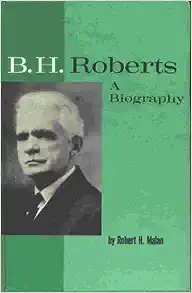
Among Mormon leaders of the past generation few were as charismatic as Melvin J. Ballard and B. H. Roberts. Both, in different ways, were significant in the shaping of twentieth-century Mormonism. Both deserve solid biographies.…

Mahlzeiten is one of Germany’s most discussed current films, and one which will be of special interest to Latter-day Saints. The plot could be reduced to sound like a sensational nineteenth-century thriller: a young married…
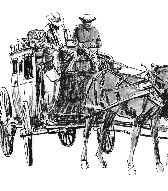
A natural reaction to my title—since this is not a testimony meeting in which each speaker is his own subject—might be, “Who cares?” For who in this congregation, with the possible exception of my brother,…
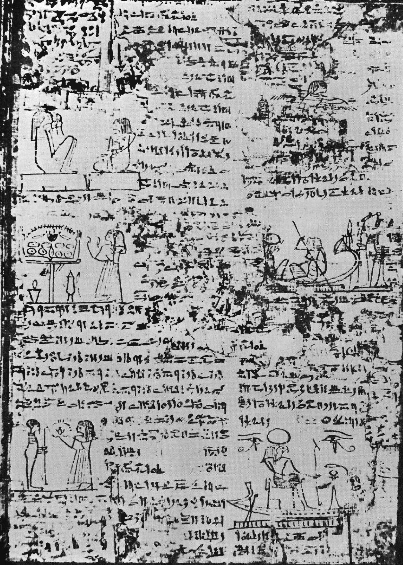
DIALOGUE: On Monday, November 27, 1967, the Metropolitan Museum of Art in New York City presented a number of documents to President N. Eldon Tanner of the First Presidency, who accepted them on behalf of…
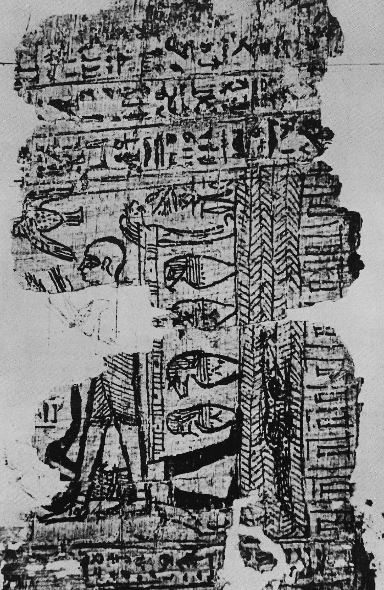
Dialogue 2.4 (Winter 1967)51– 54.
Although not a member of the Church, Dr. Atiya for many years had cherished his Latter-day Saint friends and is well informed about Church beliefs. He is aware of the history of the papyri and their relationship to the Book of Abraham in the Pearl of Great Price and is acquainted with the three facsimiles.
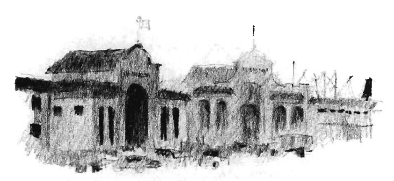
The frontier experience of early pioneers is history; even the friendly small town atmosphere enjoyed by their children is all but gone. Today most people live in an “organizational society.” In every field modern culture…